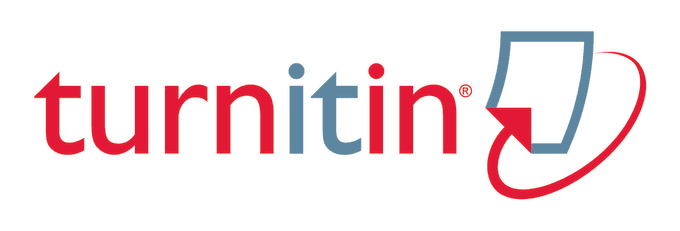Children in Adult Television World: The Importance of Media Literacy in Family Viewing Habit
DOI:
https://doi.org/10.37535/101004120175Keywords:
children, parenting, television, viewing habit, media literacyAbstract
Children are specific target audience group that has different characteristics with adult. If an adult has the ability to think logically and to communicate verbally, most children are lack of these skills. This condition is normal in human development stages, but for today’s highly competitive television industry children are in danger on absorbing programs that is not suitable for their developmental stage. In this case, parents have to accompany and supervise their children’s television viewing habit. This research conducted in Perumahan Gandaria Town House, Jakarta by in-depth interview and observation. In-depth interview gathered data from parents point of view on how they develop television viewing regulation in their house. While observation conducted in order to gather data on the children’s viewing habit. As a result, we found that parent in each family already has television viewing regulations in their house. This regulation supposedly will able to guide and protect the children while watching television. But other finding shown, parents themselves are the one who broke the regulations. Through observation, evidence shown that children watch adult or teenagers television programs not by their own choice, but by their parents choice. It is important to recommend parents to have better understanding on basic media literacy skill, so they can guide and accompany their children to be able to choose the most suitable programs for them. By accompanying and guide their children while watching television, parents are also allowed their children to build critical thinking and prepare them to have basic media literacy skills.
References
Downloads
Published
Issue
Section
License
Bagi artikel yang dimuat di Jurnal Communicare, berlaku aturan Hak Cipta sebagai berikut:
- Jurnal Communicare adalah pemegang hak untuk mempublikasikan artikel untuk pertama kalinya.
- Penulis tetap memegang hak cipta atas karya tulis yang terbit di Jurnal Communicare, dan dapat menggunakan karyanya dengan bebas, selama tidak melanggar peraturan.
- Karya yang dimuat di Jurnal Communicare berada dibawah lisensi Creative Commons Attribution 4.0 International License















